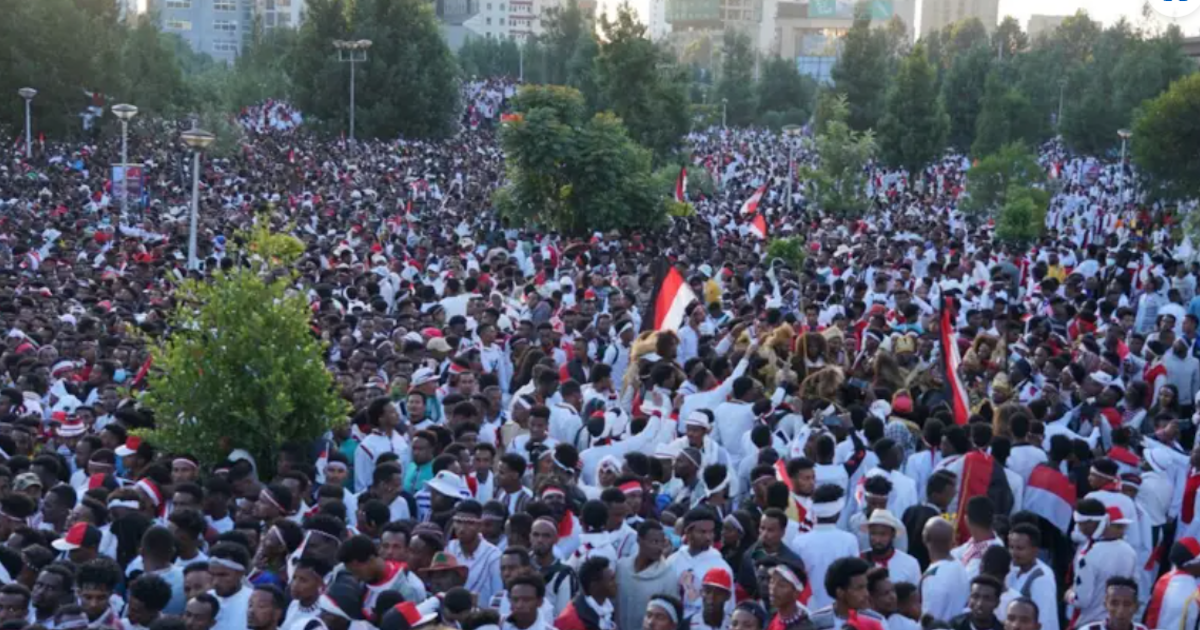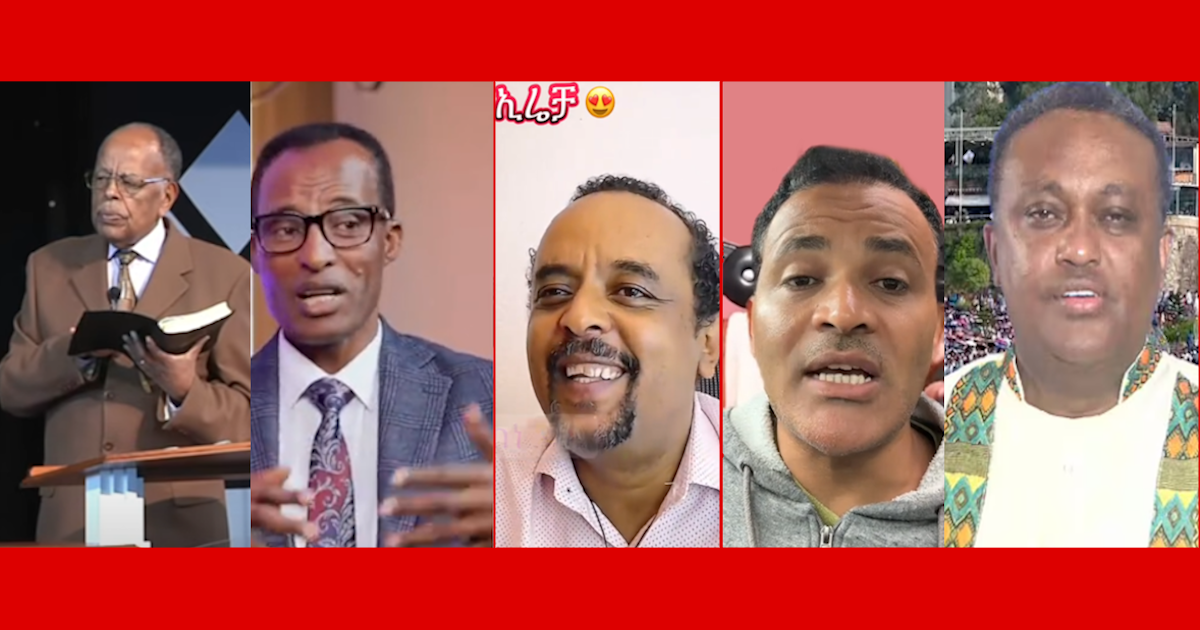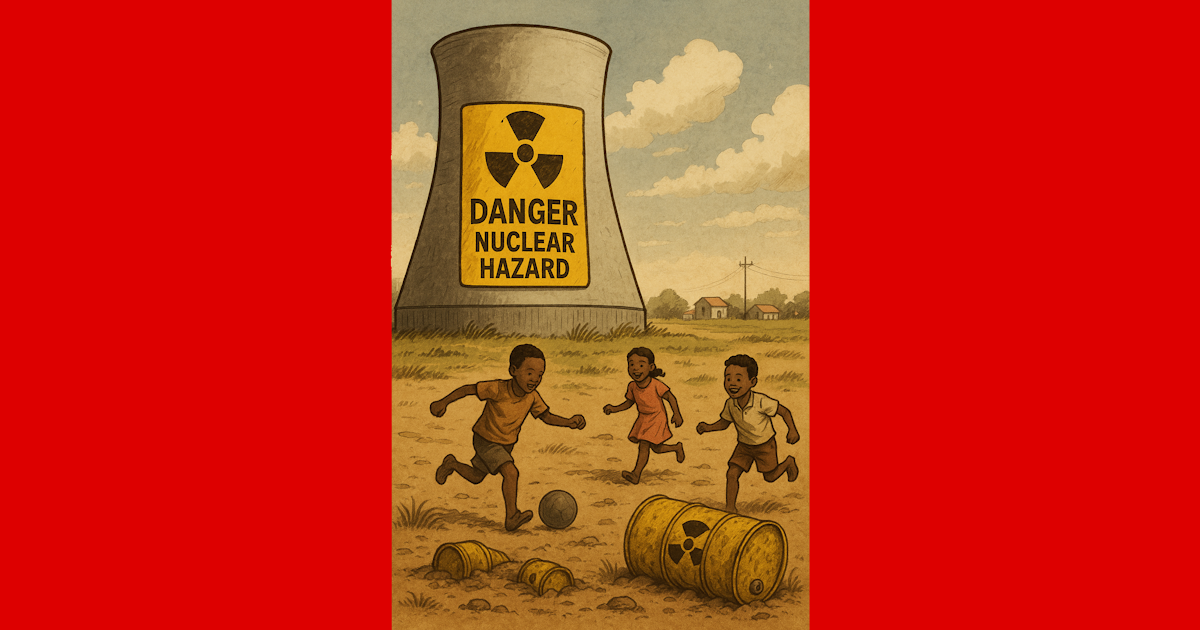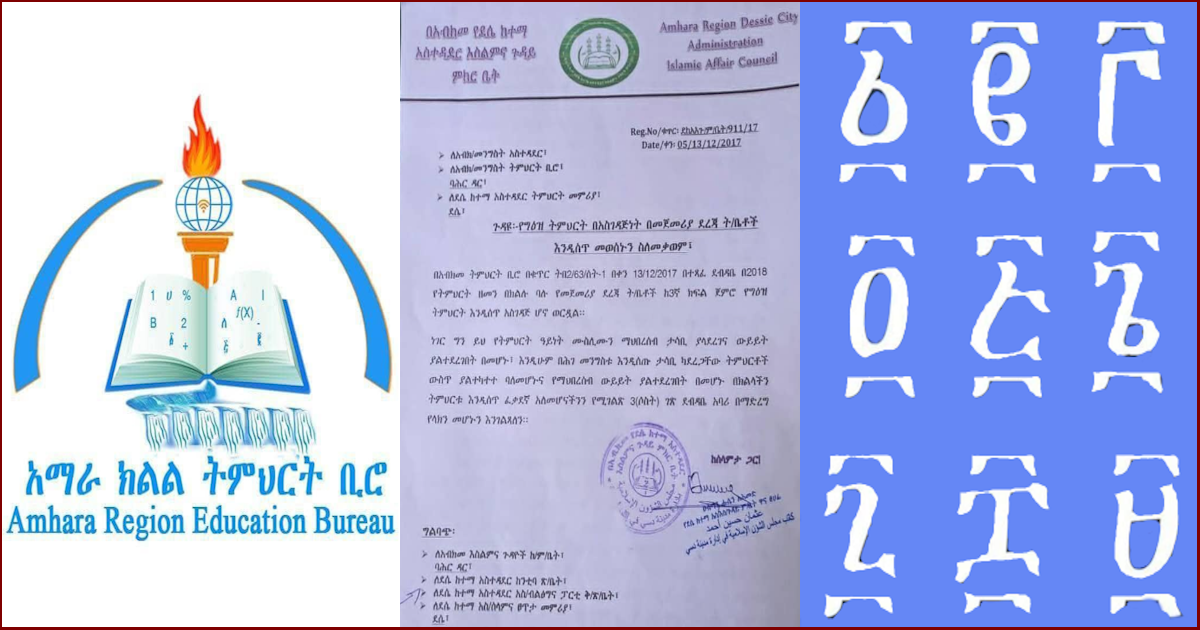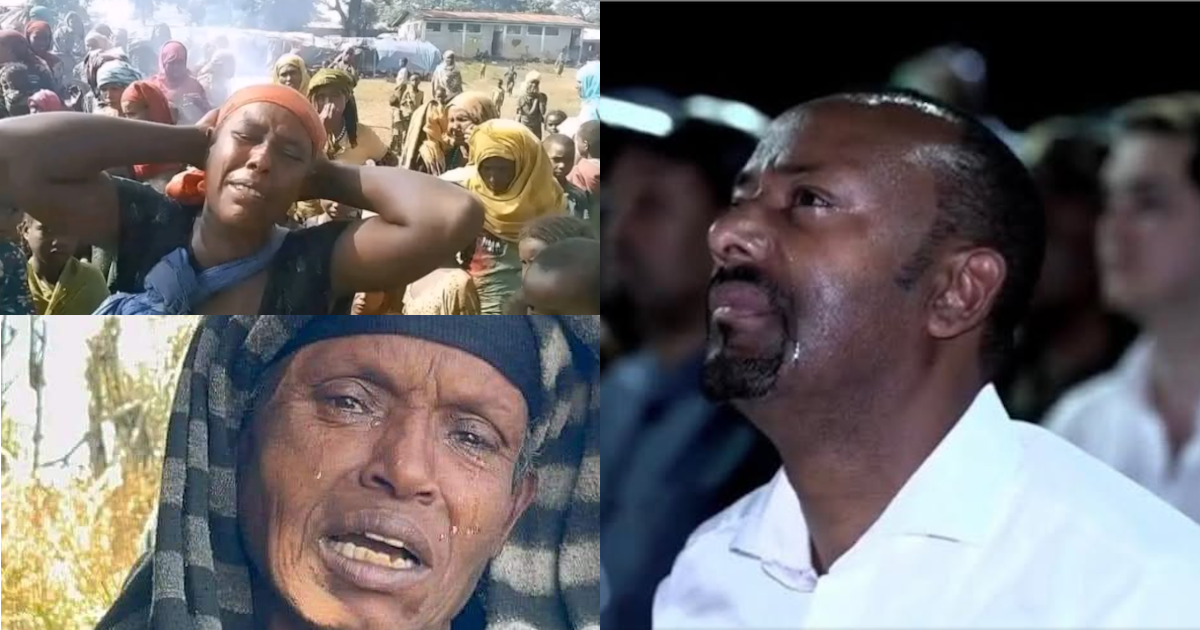When Even Death Commands No Dignity: Ethiopia's Moral Decay
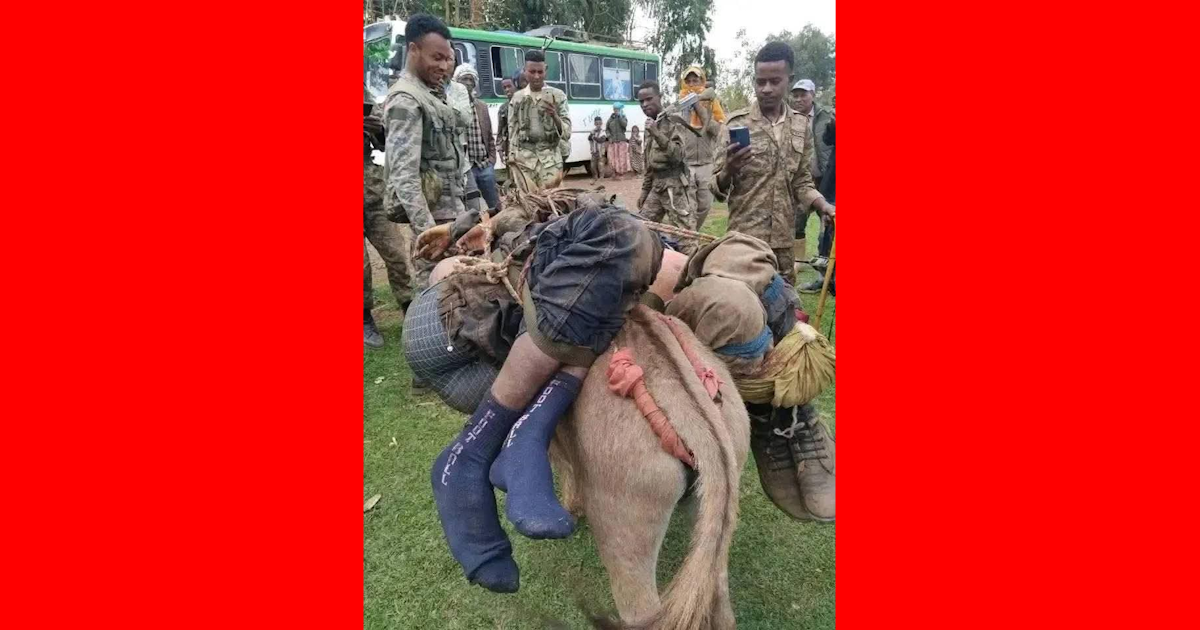
There are moments that sear themselves into the soul—not because of their scale, but because of the depth of their inhumanity. Ethiopia never ceases to amaze—but with inhumanity. We’ve witnessed people burned alive, skinned while breathing, severed heads paraded on spikes.

And now, as if in a grim sequel to past shock treatments, we are faced with another haunting scene: two lifeless bodies—one with boots still on, the other wearing only socks, his trousers indecently pulled down to the thighs, naked from the waist to the shoulders, his back torn by severe flesh wounds, the rope binding him nearly slicing into his waist.
Both are slung across the back of a donkey, balanced against each other, tied down like sacks of grain—discarded, dehumanized, denied even the dignity of death. A soldier in full view, gripping a machine gun in his right hand, smiles as if in a celebratory mood.
The victims’ heads are barely visible, their flesh strapped to the animal’s back with the cold detachment one reserves for cargo, not for kin.
And yet—these were once living, breathing human beings.
Perhaps they were OLA fighters. Perhaps not. Frankly, it doesn’t matter. They were human. That is where the conversation must begin and where it must end. Death levels us all. It cancels our quarrels, silences our weapons, and renders all arguments obsolete. To desecrate the dead is not just a moral failing—it is an unforgivable violation of the human condition.
A dead body is no longer an enemy. It is no longer a threat. It is a memory, a mother’s child, a companion in arms, a story now closed. It calls for reverence, not ridicule. It demands dignity, not disposal.
What kind of society strips even death of its solemnity? What kind of army drags the dead in such a dehumanized fashion and still calls itself national or honorable? What kind of leadership, governance, administration presides over such shameful atrocities in the 21st century? These are not defenders of a country, leaders of a government, or servants of the people as modern governance demands. These are agents of disgrace. And history—trust history—will not forget.
Let us not be fooled: there is no neutrality in the face of such cruelty. Silence becomes complicity. Let us not forget that we too are mortal—and how we treat the dead is the clearest reflection of the living’s moral compass.
And let this also be said with absolute clarity: those who perpetrate such barbaric acts will not be remembered as heroes. They will be relegated to the shameful footnotes of history—an asterisk beside the word barbarism. And if we are not careful, the burden of that shame will not rest solely on their shoulders. It risks becoming a generational stain—carried even by those who never pulled a trigger or tied a body to a beast of burden.
Ethiopia shocks, again. But must it always shock by plunging further into moral abyss?
There comes a time when a nation must say, “Enough.” If we cannot show dignity even to the dead, then we have crossed into something far darker than conflict. We have crossed into the collapse of conscience.
All these atrocities and moral decays have become the hallmarks of the Prosperity Party regime under Abiy Ahmed.
A Nobel Peace Laureate who plunged Ethiopia into genocidal civil wars and the abyss of moral collapse; who dragged the empire into abject poverty; who incarcerated and eliminated political opponents; who abrogated the most basic human rights—and who, as we edit this piece, has just imprisoned the extended family of a former colleague who once helped him rise to power.
We never imagined that words so noble and so gruesome could be composed into the one sentence as above.
But this is Ethiopia today under the Nobel Peace Laureate Prime Minister Abiy Ahmed, and Oromia under President Shimelis Abdissa—who has never lived up to his title or the duty to look after Oromia.
Update after 24 hours: More information has emerged since this piece was first published. The incident occurred in Arsi, Sirkaa district. The two deceased were brothers—not OLA freedom fighters. They were merely suspected of being supporters of OLA, and that suspicion alone was enough to cost them their lives on a whim.
Their bodies were paraded through the area, a macabre warning intended to instill fear in the community. When a young girl, unable to contain her emotions, cried out in anguish, she was beaten on the spot and taken into detention.
One is left to wonder: do those responsible truly believe such terror tactics will force communities into submission? More likely, it will deepen the collective wound—and radicalize the very people they seek to subdue. Acts of barbarity plant seeds of resistance. And history shows, again and again, that brutality is no foundation for peace.

